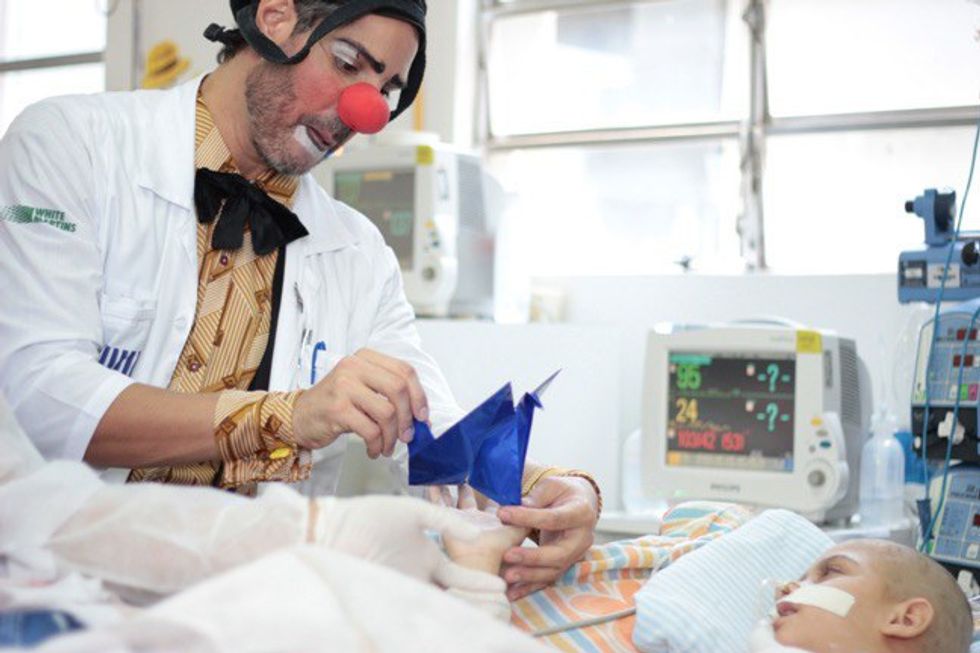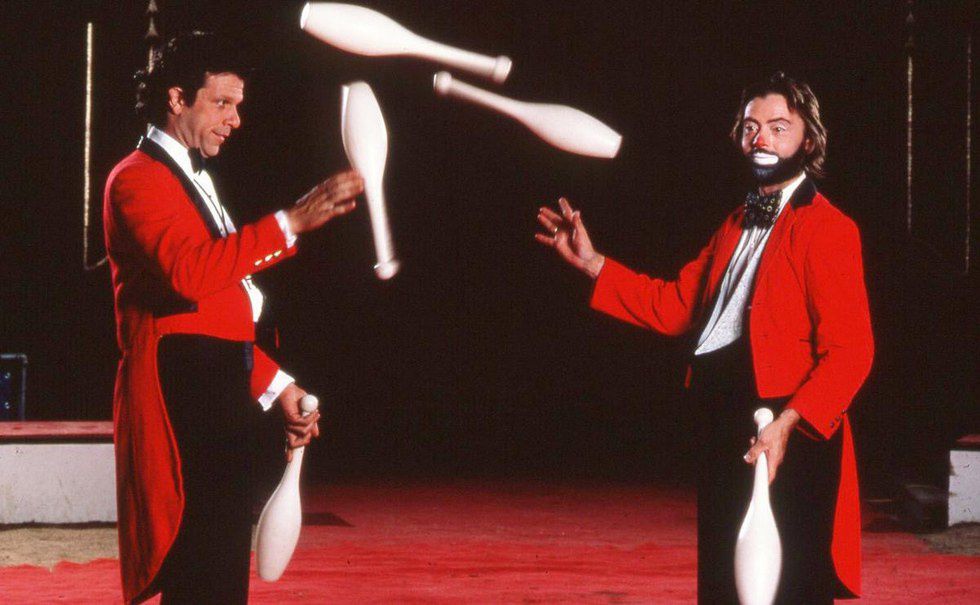In a world such as the one we live in today, positive thinking seems to be, at times, not only the last resort but rather the only one we can hold onto. Countless amounts of literature have been published on the science of the mind over the body, on how controlling our thoughts and focusing on the positive ones can actually help us achieve more. The notion of what has been called "the science of happiness" for a few decades now has actually been proven to work, where it is almost as real as how the placebo effect takes place in the mind; sort of a placebo effect on happiness, if you may.
While an abstract concept, wishful thinking and uplifting thoughts to a sick patient can actually help them heal and, at times, even at a more expedited rate. Although it is a doctor's duty to tell their sick patients about the reality of their conditions, there is always room for positive thinking and hope, no matter how terminal an ailment might be. NGOs focused on helping sick children in hospitals, such as Clown Care, an outreach program of the Big Apple Circus or even Sonhando Juntos, a branch program of the Sonhar Acordado project, are the quintessential example of what happens when you bring joy and positivity into a hospital setting where, otherwise, the general climate is heavy and negative.
Ever wonder why the child care wing in hospitals is the only one allowed to be decorated? That's because of the work that people such as Michael Christiansen, the creator of "Clown Care Unit" or Deepak Chopra, highly acclaimed guru of positive thinking and healing through meditation, have sparked. The notion that mental health is directly linked to physical health has only surfaced and been taken seriously recently, where it was only in the late 80's, for instance, that Michael was able to solidify his work in hospital settings and provide serious feedback of what good his work was generating. Clown Care has now branched to other parts of the world (such as Doutores da Alegria, in Brazil), but originally it began in Boston's Children's Hospital where trained volunteers would visit sick and bedridden children dressed as clowns and bring some semblance of normality into an otherwise dreadful hospital room.
The improvement rate of the children these organizations work with (not to mention many others) lies in the power of humor, where consistent laughter can actually strengthen your immune system by increasing the production of T-cells, interferon and immune proteins called globulins, reduce pain by producing pain-killing hormones called endorphins and decrease stress as laughter and humor cut down on cortisol levels. Along with that, the positive effects of laughter and humor can be seen in terms of mental health as well, where children, once preoccupied with diseases and sickness and tired of fearing for their future, can forget about everything in a moment of joy and happiness where their imagination and creativity is being triggered and they can escape that sad reality, even if just for a few minutes.
However, the power of humor and laughter has been a real and functioning one since before modern medicine became the basis for healthcare. The Ojibwa tribe recognized laughter as a genuine source of healing and even the Old Testament makes references to the healing power of humor by stating: “A merry heart doeth good like a medicine; but a broken spirit drieth the bones.” Perhaps they couldn't quite explain why positive actions like laughing and making jokes were beneficial to healing, but one thing they knew for sure was that it was better to try humor than to wallow in pain and sadness.
This, however, doesn't go to say that humor and positive thoughts should replace actual medical care, but rather that if both are combined, the success rate of patients who thrive despite their illnesses is far greater. When everything seems to go wrong, when the world seems to have turned against you and all your disappointments weigh you down, a smile, as small as it may be, goes a very long way. To introduce happiness into a person's life is perhaps one of the best things you can do to help them, and to "let a smile be your umbrella" means you're less likely to get wet from the tears of sadness.























